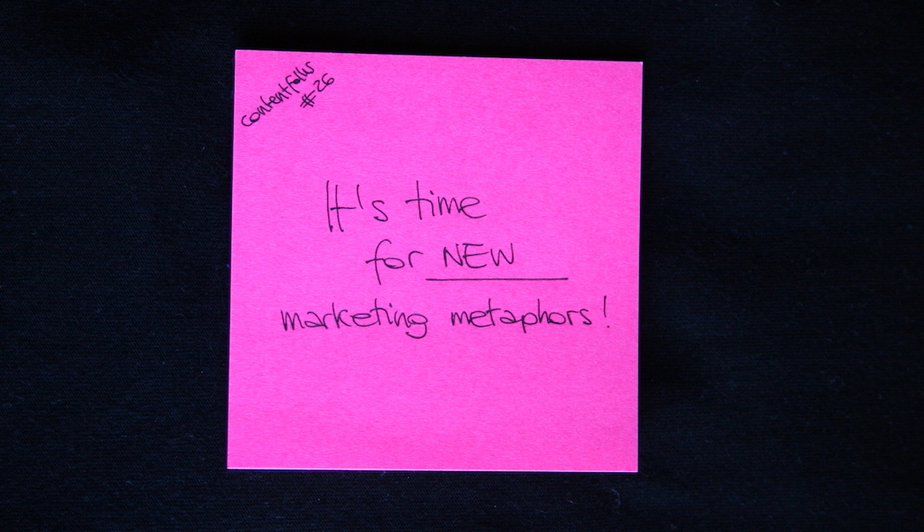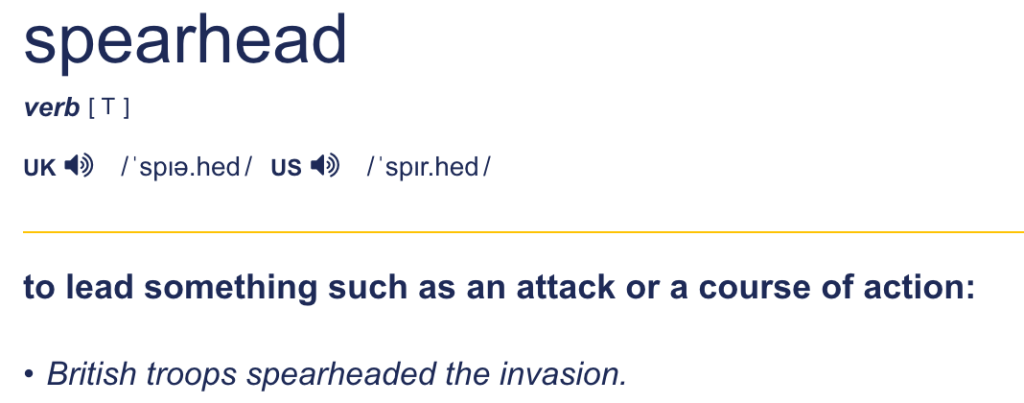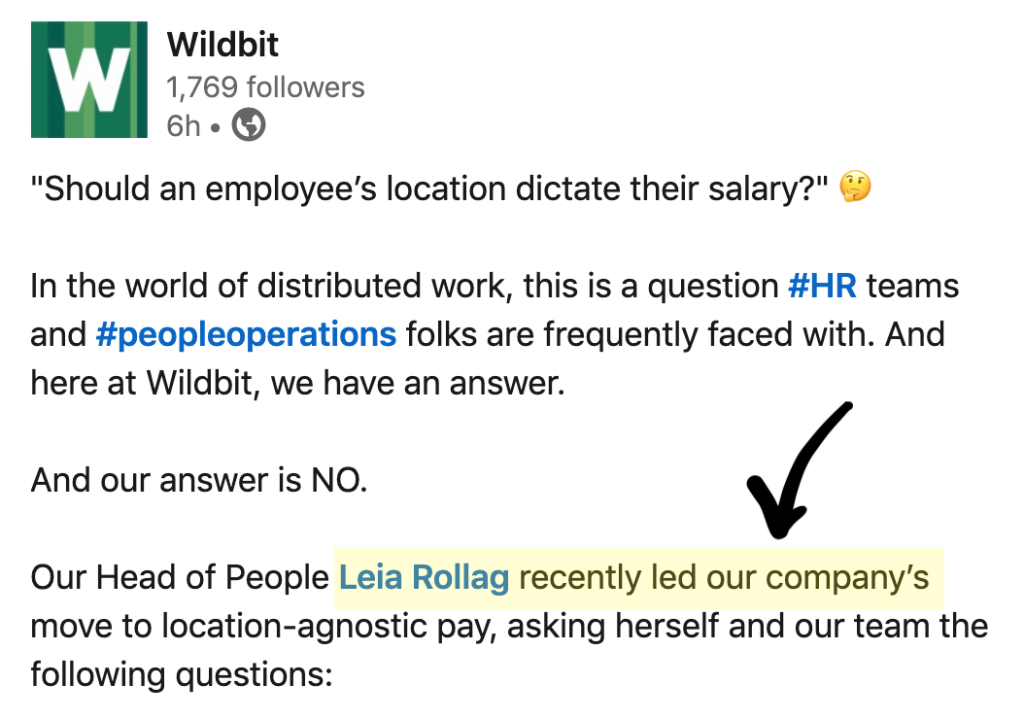
Welcome to contentfolks—a fortnightly newsletter with short lessons & ideas about content that makes a difference, sparks action, and truly serves its audience. Thank you for being here!
Hey 👋
When’s the last time you wrote some killer copy? Have you smashed your targets this month? Are you spearheading a new project this upcoming quarter?
I don’t know if you’ve noticed, but a lot of the marketing metaphors we use everyday are about violence and destruction—and to be honest, I’m not a big fan.
…can we do something about it?
Metaphors we learn (and live) by
We content creators probably think of metaphors as a literary device we learned about in school, where you take an object or concept and associate it with something unrelated, but familiar, to spice up your prose (that’s a metaphor right there!, spicing up = adding flavour to a meal—and also, metaphorically, to a sentence 😉).
But metaphors are more than just a figure of speech: we use them to make sense of abstract concepts, to describe and understand the world around us.
For example:
We talk and think about time in relation to money → we can spend, waste, invest, save, or run out of both
We talk and think about ‘good’ in relation to up and ‘bad’ in relation to down → we are uplifted, in high spirits, rising to the top vs. we come down with an illness, fall into a depression, experience an all-time low
We talk and think about marketing (and business) in relation to violence and destruction → we write killer copy, launch kick-ass products, spearhead projects, arm ourselves with data, smash targets, battle for market share, beat the competition
The thing about metaphors is that they don’t just reflect reality: they shape and build it, too. And the more we use violent metaphors to talk about work, the more we risk associating marketing with ideas of power and aggression, of fighting battles over marketing territories and defeating the competition.
Which, to reiterate: I’m not a big fan of.
💡 A practical example 💡
Just this week, I wrote a LinkedIn update on Wildbit’s company page to promote a recent blog post*** we wrote about location-agnostic compensation (tl;dr: every employee in the same role is paid the same regardless of where in the world we live).
Shifting to a location-agnostic system required an enormous effort and months-long dedication from our Head of People, Leia. In my first draft, I wrote that she had “spearheaded the entire process”—it’s a common way to describe what someone in her position does, until you consider that:

So even though spearhead is a more evocative verb, I went with ‘led’:

It’s a small example, but you get the point.
***incidentally, I also worked on editing the blog post itself, and somebody left me a note about violent language. You see?, once you start paying attention, this stuff is everywhere.

I’ve been thinking about marketing metaphors for a while and trying to find alternative, non-aggressive concepts to use in our everyday life as marketers.
I started crowdsourcing ideas from other content marketers, and here are three I invite you to think about:
- From Matt Kline → “Think of it more as a game. A really fun game to play, compete, and win! Get the website off the bench, use data to play defense, outwork the competition, be ready to play in any conditions, pass the ball to the sales team.”
- From Basha Coleman → “So much jargon is […] an old relic passed down from when women were a minority in strategic conversations. Can we compare our strategies to applying make up? Set the foundation, contour to hone in on key details, add some setting spray to hold everything in place while the strategy is doing its thing, etc.—just something to remind us that sports and violence aren’t the only metaphors for strategic planning.”
- From Sophie Känzig → “What if we used the language of play instead? Try it: think of business as a playground instead of a battlefield. How does this change the way you see business?”
As content marketers, we play a big role in shaping the way(s) people talk and think about business, products, and even strategy.
The metaphors we live by influence us in ways we may not be aware of—but now that you are aware of it, what are you going to do differently?

PS: today’s edition comes to you from the rolling hills of Italy, a few kms from the Slow Food headquarters, where I’ve been practicing the national art of il “dolce far niente” (the sweetness of doing nothing) through most of September. Aggressive marketing metaphors seem especially pointless from here 😉